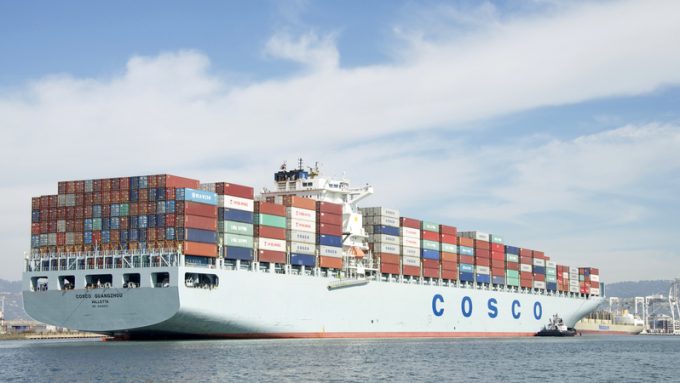New ocean capacity dump wipes out transpac gains
Within a month, liner operators have lost the gains they achieved on the transpacific. While the ...

With the Asia-Europe contract renewal negotiating season fast approaching, Drewry is advising shippers to rethink their procurement strategy or risk hefty price hikes and service failures.
“Rapid consolidation in the supplier base, changes in supplier behaviour, huge reductions in vessel orders and new developments in tender ...

Comment on this article